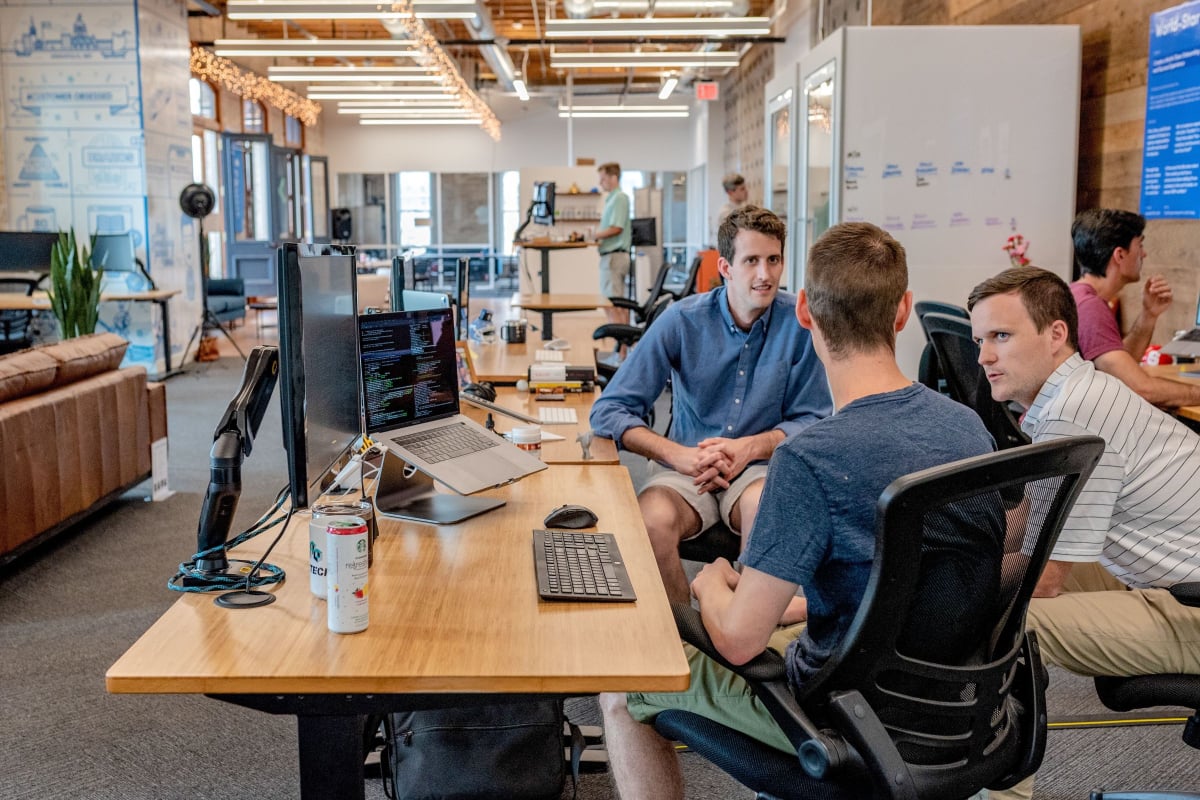When you are interviewing, you want to assess Skills, Knowledge, Experience and Attitude. But what exactly do we mean by this?
What are you looking for? How will you know when you have found it?
So often we receive a shopping list with little detail. We are subsequently expected to find someone with everything. No wonder costly and time-consuming mistakes are made.
In part one of this blog, we will look at the first part of this question. Which is all about understanding needs, and what you are looking for.
Let’s start with Skills and Knowledge.
The important thing is that you can teach both skills and knowledge. This means you can concentrate on what is most valuable when recruiting. You need to focus on the skills and knowledge you will need for the future not for yesterday. Therefore, you need to think strategically. Do you have any important projects in the pipeline to involve this person in? Are you planning to implement some new systems or technology in the next year? Skills and knowledge in these areas are therefore extremely valuable. Skills and knowledge are also quantifiable, making them easier to understand exactly what you need.
Experience
‘We are looking for 3-5 years’ experience’. If I had a pound for every time I’ve heard that, I would finally have that cottage by the sea! My response is always, ‘What experience exactly and why?’ Just as with skills and knowledge, you want experience that is relevant and that is going to add value. For example, 6 months experience in implementing that new system is far more valuable than 5 years in the same industry. You need to focus on what people have experienced rather than on the number of years.
Last but most important – Attitude
Someone with the wrong attitude has an enormous impact on the team and its productivity. Assessing attitude is the most important part of the interview. You cannot teach attitude, and mistakes are common but costly. Unlike skills, knowledge and experience, attitude isn’t quantifiable. Therefore, understanding what a good attitude looks like is key to success. What does a ‘good team player’ behave like and what exactly does ‘positive attitude’ mean?
This is where the majority of the interview needs to focus as the most effective way to assess attitude is through in-depth questioning.
Final thoughts
As you can see, a lot of work needs to be done in advance of the interview to fully understand what Knowledge, Skills, Experience and Attitude is required and exactly what acceptable looks and sounds like. You can gain this information by questioning your own assumptions, talking to colleagues and your team, and understanding the strategy and objectives of your organisation.
In Part two of this blog, we will look at how we will know when we have found what we are looking for.







